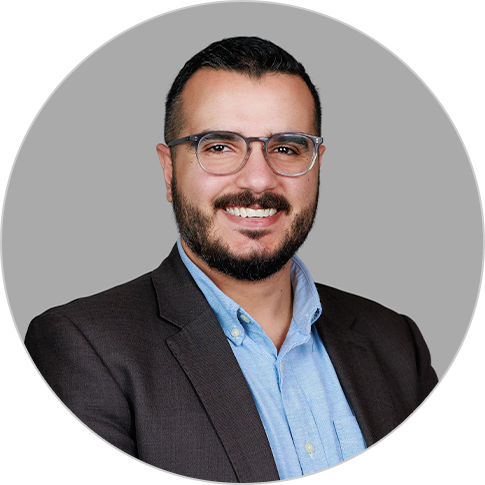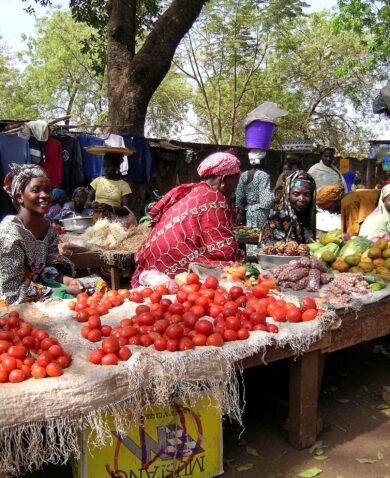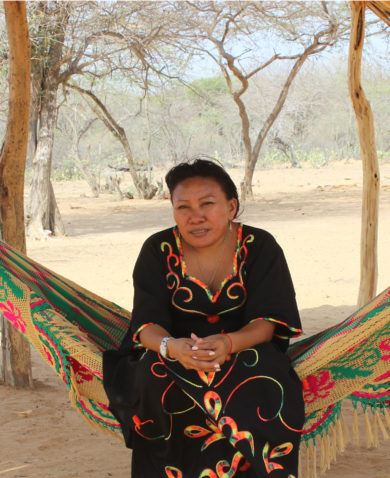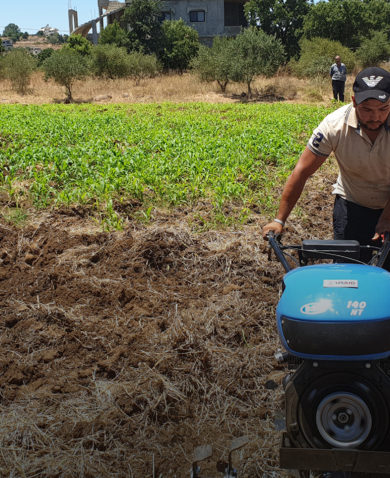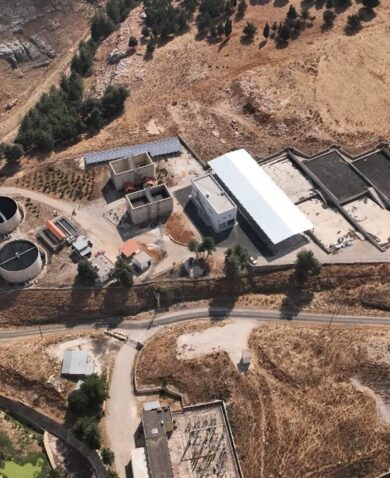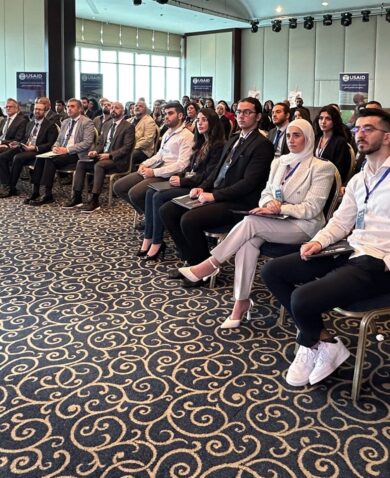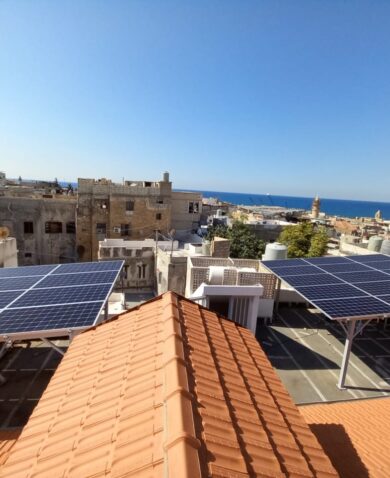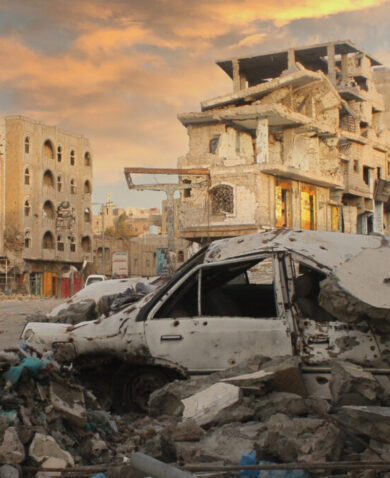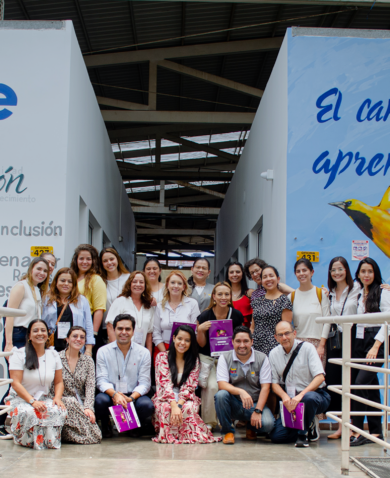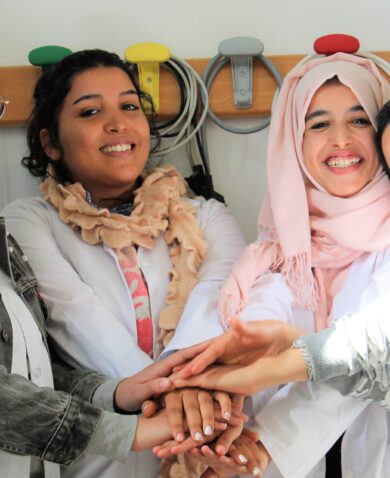
The Yemen International Forum: A Space for Constructive Dialogue and Opportunities
July 31, 2023 | 5 Minute ReadChemonics UK’s Ahmed Al Khameri, Team Leader for The Yemen Support Fund, participated at this year’s Yemen International Forum. In this blog, he shares his insights.
On 26 July 2023, a group of Yemeni civil society organisations launched the Yemen Declaration for Justice and Reconciliation. This initiative, much needed for durable peace efforts, came out of the Yemen International Forum (YIF), which was held in June 12–15 2023 at The Hague. Having had the privilege of attending this year’s YIF, organised by the Sana’a Centre for Strategic Studies, and participating on the panel on the Role of the Yemeni Diaspora in Peacebuilding, I would like to share my key takeaways from the event. Many people have been curious about my thoughts, so I believe it’s important to highlight the following points.
First and foremost, bringing together hundreds of Yemenis and Yemen experts, with many individuals travelling from Yemen itself, posed significant planning and logistical challenges for the organisers and the host country. I found myself wondering if the effort would be worthwhile for them. Additionally, the extensive agenda, which covered meaningful, yet complex topics spread out over a week, left me contemplating what realistic outcomes could be achieved. For me, success would be measured by the opportunity to meet new people, create new avenues for collaboration, acquire fresh knowledge, and contribute to efforts and initiatives aimed at resolving the conflict.
Upon reflection, I can confidently say that the YIF served as an unparalleled marketplace of opportunities. Picture it as a gathering of diverse stakeholders involved in the conflict, including some influential actors, away from the overwhelming dominance of conflict zones. At the YIF, participants engaged in open discussions about the war and efforts towards conflict resolution. This created a platform where voices could be heard, frustrations could be expressed, and perspectives could be clarified.
Overall, the YIF provided a valuable space for dialogue and exchange, fostering an environment where various perspectives were respected and considered. It offered hope for progress by bringing together individuals dedicated to seeking peace and stability in Yemen.
I would like to extend a heartfelt appreciation to all those who understand the importance of empowering Yemenis to come together and create a space where they can voice their concerns about the current and future state of Yemen.
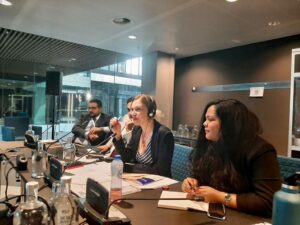
Based on the discussions held during the YIF, which encompassed various plenary and closed breakdown sessions over the course of a week, I have gathered some thoughts on where Yemenis currently stand and what they aspire to achieve. The forum covered a range of overarching topics, including:
- Yemen’s future scenarios;
- The role of the international community in advancing the peace agenda;
- Developing shared economic visions for early recovery;
- Regional peace talks and the prospects of an inclusive settlement;
- Missed opportunities in addressing women’s exclusion and gender-based violence;
- The impact of climate change on livelihoods and economic recovery;
- Exploring transitional justice options for Yemen.
Yemenis find themselves in a state of neither war nor peace, experiencing conditions that fluctuate between announced and unannounced truces. Extensive local mediation efforts and international diplomatic pressure are being exerted to transform the truce into a sustainable ceasefire arrangement.
The resounding message that emerged from multiple discussions was the need to prepare for peace. There is a collective understanding that fuelling further rounds of conflict serves no one’s interests. Yemenis are exhausted and yearn for a vision of peace. It is crucial to avoid another failed transition out of conflict. As we prepare for peace, it is imperative for the international community to consider the challenges faced by those returning from conflict zones, navigating reopened roads plagued by landmines, and individuals who have been marginalised during the peace process. Additionally, it is vital to recognise the persistent and substantial humanitarian needs that will continue to require significant funding, even as we shift focus towards peacebuilding and recovery. Scaling up funding for peacebuilding and recovery should not come at the expense of humanitarian aid.
Furthermore, we must not overlook the core issues that have fuelled the conflict, namely transitional justice, the southern question, and the economy. There was a widespread consensus that addressing past violations, crimes, and grievances is essential in resolving the protracted conflict. Transitional justice should occupy a central place in the peace process, but it needs to be driven by Yemenis, and the southern issue must be addressed in a way that is effective and inclusive of all southern factions. Moreover, an economic truce is crucial both in the present and for a sustainable future.
Conflict settlement efforts should be approached from multiple tracks, prioritising the key actors, stakeholders, and issues at hand rather than being confined solely to the official tracks of the peace process. Those leading the efforts to settle the conflict should proactively establish additional channels and build bridges to gather ideas and initiatives in a structured manner. This approach allows for greater inclusivity and enables influential Yemenis to drive local solutions that complement the ongoing international peace-making efforts.
By diversifying the avenues for dialogue and engagement, conflict settlement can benefit from a broader range of perspectives and contributions. Empowering local actors to actively participate in the peace process fosters ownership and ensures that the solutions generated are grounded in the realities and needs of the Yemeni people. This complementary approach, alongside international efforts, enhances the chances of achieving a sustainable and inclusive peace in Yemen.
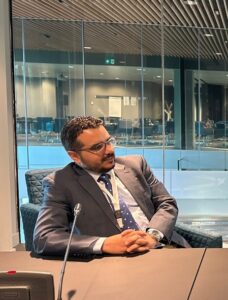
The international community has a significant role to play, starting with the region itself. Yemen shares a deep and historic relationship with its neighbouring countries, making it crucial for Yemen’s vision for peace to be embraced and aligned with a regional perspective. The achievement of the necessary economic conditions for a rapid recovery in Yemen relies on the support of Gulf Cooperation Council (GCC) countries. Conversely, Yemen’s stability and security are integral to the well-being of the GCC countries.
In order to establish a sustainable balance across all Yemeni governorates and between local and central authorities, it is imperative that regional and international efforts are in harmony with a vision for Yemen’s recovery that is locally driven and inclusive. By aligning these efforts, we can ensure that the recovery process is effective, responsive to local needs, and capable of fostering long-term stability and prosperity across all parts of Yemen.
Successful peacebuilding and recovery necessitate comprehensive security reform. The military and security sectors play a pivotal role in state fragmentation, resource-based competition, and the exacerbation of economic conflicts. The encroachment of security forces and military entities has detrimental effects on public authorities, leading to a shrinking of the civic space.
Security reform enables the involved parties to establish agreements on resource sharing and shared security arrangements. By addressing security concerns and establishing effective security measures, Yemen can lay the foundation for a more stable and peaceful future, where resources are shared equitably, and security is ensured for all.
Lastly, there is a collective responsibility to enhance support for the Women, Peace, and Security (WPS) agenda in Yemen. While the primary responsibility for impeding progress on WPS lies with the conflicting parties, it was widely acknowledged that everyone falls short in making substantial contributions to this important agenda. Women involved in political parties have a vital role to play by actively and assertively engaging within their respective parties. They should be given the opportunity to vocalise their needs and advocate for the inclusion of women, as well as garner support for the WPS agenda.
By taking a proactive stance and demanding the necessary support, women in political parties can drive positive change and ensure that their voices are heard. Encouraging their parties to prioritise the inclusion of women and actively support the WPS agenda will contribute to advancing gender equality and empowering women in Yemen’s peace and security processes. Together, we can all strive to do better in supporting the WPS agenda in Yemen.
Banner image caption: Landscape picture of the Old Town of Sana’a, Yemen. Photo by Anton Ivanov on Adobe Stock.
Posts on the blog represent the views of the authors and do not necessarily represent the views of Chemonics.

